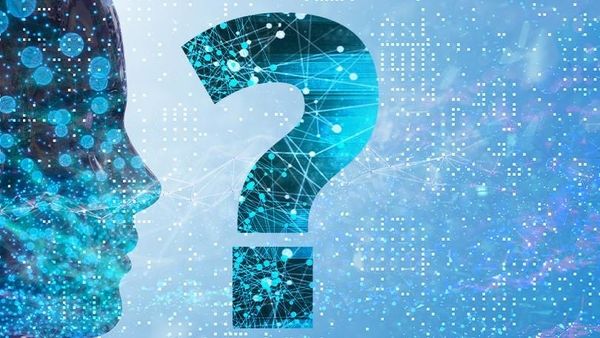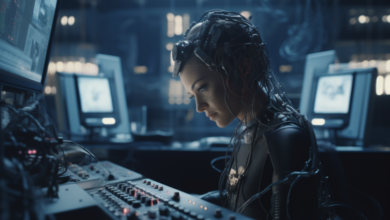What can AI not do today?

Artificial Intelligence (AI) has made remarkable advancements in recent years, revolutionizing various industries and aspects of our lives. However, there are still several limitations and challenges that AI faces today, preventing it from achieving complete autonomy and replicating human-like capabilities.
1. Common Sense Reasoning: AI struggles with understanding context and applying common sense reasoning. While it can perform specific tasks exceptionally well, it often lacks the innate human ability to comprehend nuances, make intuitive leaps, and understand the broader implications of information.
2. Emotional Intelligence: Despite advances in Natural Language Processing, AI struggles to truly understand and respond to human emotions. Recognizing sarcasm, empathy, or subtle emotional cues in communication remains a significant challenge.
3. Creativity and Originality: AI can generate content based on existing patterns and data, but genuine creativity and originality—such as creating innovative art, music, or literature—are beyond its current capabilities. AI lacks the intrinsic human ability to think “outside the box.”
4. Ethics and Moral Judgment: AI lacks an inherent moral compass and ethical understanding. Decisions made by AI are based on patterns in data and algorithms, often leading to challenges when faced with complex ethical dilemmas that require subjective judgment.
5. Adaptation to Unforeseen Situations: AI systems are typically trained on specific datasets, making them proficient in handling routine tasks within those contexts. However, they struggle to adapt to unforeseen scenarios or tasks outside their training scope, limiting their flexibility.
6. Understanding Unstructured Data: While AI has made strides in processing structured data, comprehending and extracting information from unstructured sources—such as images, videos, and audio—remains a challenge due to the complexity and context involved.
7. Real-World Perception and Common Sense: AI’s perception of the real world is based on its training data, which might not encompass the vast array of situations humans encounter. This hinders its ability to grasp real-world context accurately.
8. Autonomous Learning and Curiosity: AI can learn from data it’s trained on, but true autonomous learning and curiosity-driven exploration are lacking. Humans learn by actively seeking new information and experiences, a trait not yet mirrored in AI systems.
9. Intuition and Instinct: Human decision-making often involves intuition and gut instincts, which stem from years of experience and exposure to various situations. AI, on the other hand, lacks this intrinsic understanding.
10. Dynamic Interaction with Physical Environments: While AI can control machinery and robots, it often struggles with the real-time decision-making required for dynamic interactions with unpredictable physical environments.
In conclusion, while AI has made remarkable progress and has the potential to continue reshaping our world, it still falls short in several aspects that define human intelligence and consciousness. True understanding of context, emotional intelligence, creativity, ethics, and adaptability to unforeseen situations are among the many areas where AI has room to grow. As we move forward, it’s crucial to recognize these limitations and strive to develop AI technologies that bridge these gaps while adhering to ethical and responsible development practices.
